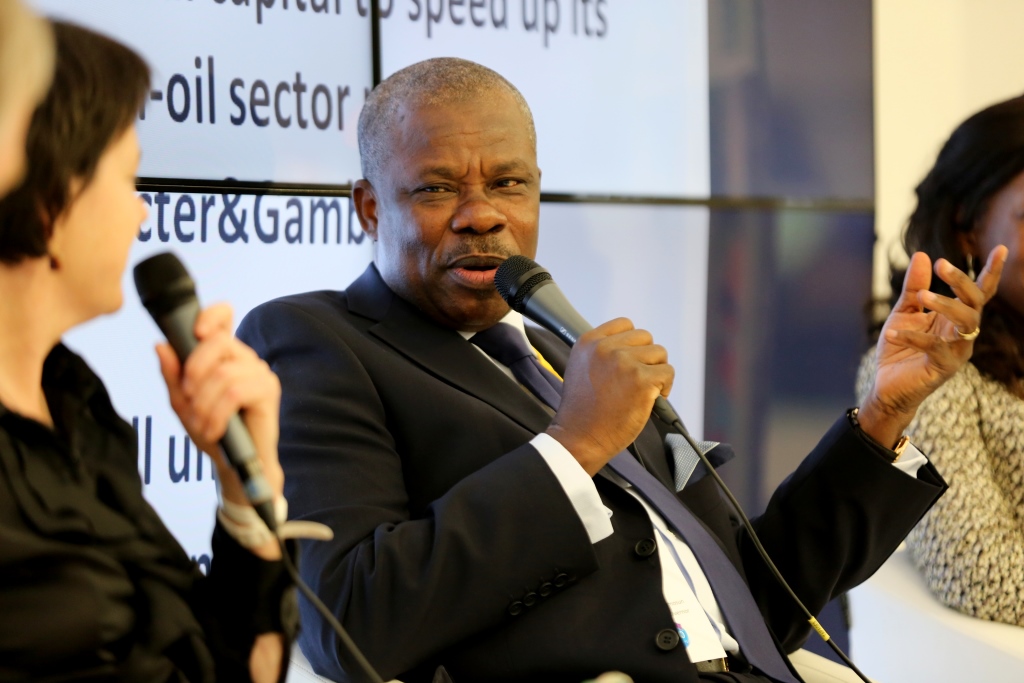TAPplications: Curitiba’s “Sustainable Village”
This blog series presents some of the applications to the Transformative Actions Program, to show you how cities are “tapping” their potential for sustainability. For more information on the TAP, please visit the website.
The city of Curitiba in southern Brazil has submitted a project to the TAP called “The Sustainable Village”. Its aim is to transform an illegally occupied area called Vila Audi-União and its surroundings into a model of sustainability. This vulnerable area, frequently affected by flooding, will undergo a process of environmentally-friendly urbanization that will develop new resilient housing, schools, health assistance, riverside parks, community centers and more.
The city, which also seeks to actively involve citizen groups, is expecting this project to not only improve the resilience and quality of life in the community but to contribute to reducing local greenhouse gas emissions.
The targeted area is currently affected by poverty and high unemployment. The average income is 17% below the city average and a staggering 61% of heads of household are unemployed. The 30,000 residents also face the constant threat of flooding due to the proximity of the IguaçuRiver. As many of the residents do not own the land, they face losing their homes anytime there is a flood. This has prompted the city to tackle both economic and environmental vulnerability by focusing on adaptation and incentivizing resilience, in accordance with the city’s climate action plan.
Through the “Sustainable Village” project, Vila Audi-União will receive more resilient housing, rainwater tanks to minimize flooding, and a wide range of other innovative solutions. From solar power to cycling infrastructure and waterway transport, Curitiba is relying on a diverse arsenal of actions to transform the area. For instance, the project includes a plan to help a group of local women grow flowers as a means of generating income in an environmentally-friendly way. There is another plan to help waste pickers by constructing a building in which they will be able to separate and commercialize recyclable waste.
The notion of community empowerment colors every aspect of the project. The city plans to actively involve 37 NGOs, churches and residents’ associations in order to better design and implement the proposed actions. There are also plans to build a Resilient Community Center to promote resilient actions, where the local population will be exposed to innovative new technologies that may be applied in their own lives.
Currently in the finance and procurement stage, Curitiba is hoping for the project to be operational from mid-2016 onwards.
***
Photo by Henri Bergius via Flickr.





